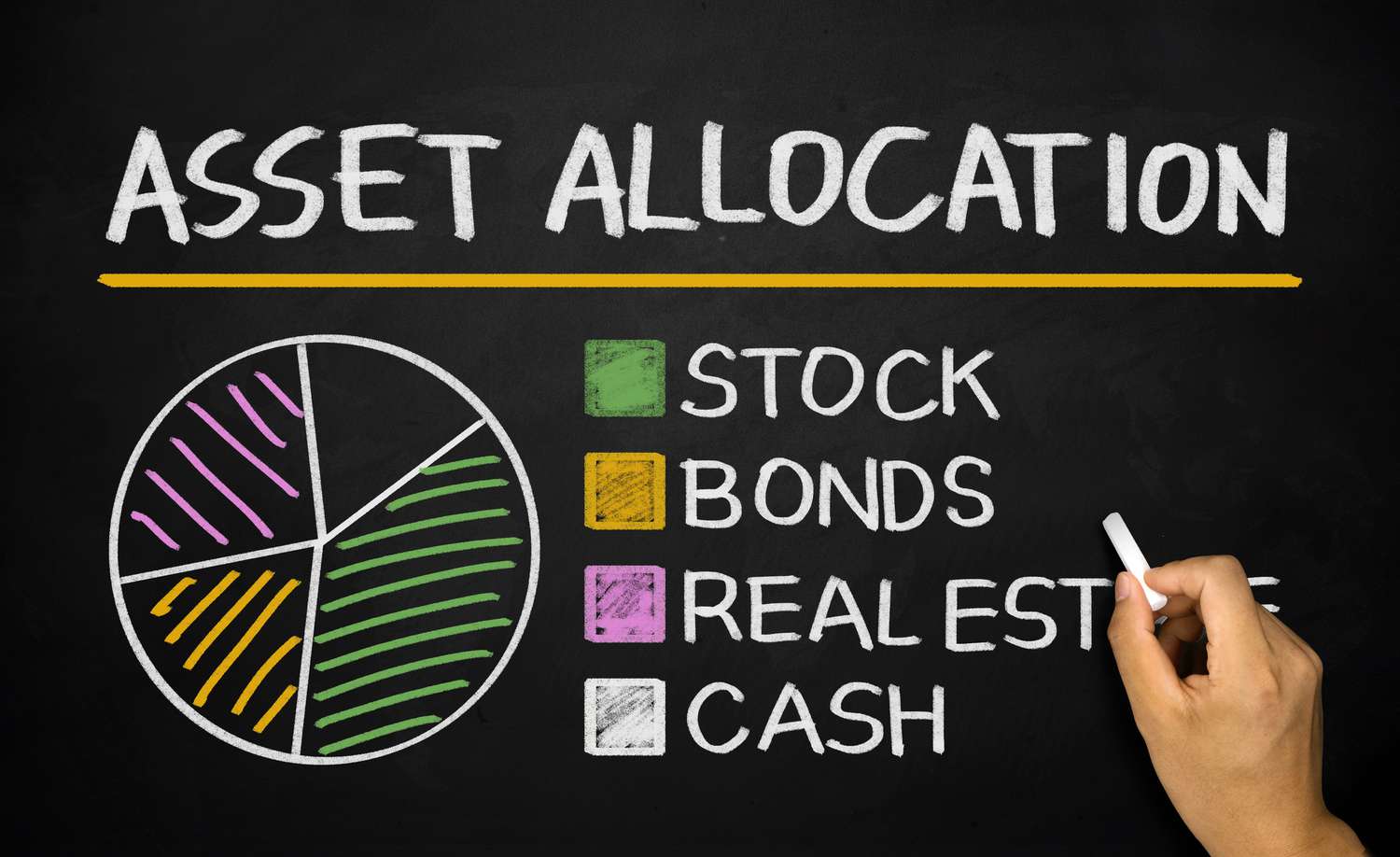

by Shawn J. Walker
Categories:
10 Times You May Want to Rebalance Your Asset Allocation
Retirement planning is not a set-it-and-forget-it kind of process. It’s not wise to put your portfolio together and then let it run on autopilot for the rest of your working years. Life changes. Your priorities change. Your risk tolerance and financial goals – not to mention the financial markets – will also change over time, and your investments will have to be adjusted accordingly.
Retirement planning requires regular monitoring and maintenance – in other words, your portfolio and asset allocation need rebalancing. For example, a traditional 60-40 portfolio (60 percent stocks-40 percent bonds) can become skewed, especially in an uncertain market. Rebalancing helps regulate the ups and downs.
Allocation refers to your particular mix of assets: Stocks, mutual funds, commodities, bonds, real estate, and so on. Over time, you’ll likely need to adjust the combination of assets in order to keep up your desired portfolio mix based on your risk tolerance.
You may choose to rebalance your asset allocation on a set schedule, say annually or quarterly, or when assets reach or change by a certain value. There are certain instances, like getting married or having a baby, as well as age-based changes, such as getting closer to your retirement date, in which you should revisit your portfolio and consider whether your allocations are still appropriate given your current situation.
You can review and rebalance your portfolio by yourself if you know what you’re doing. If not, work with your financial advisor. The wrong allocation can have a big effect on your future.
You also don’t want to make changes too frequently or not enough. The financial advisory team at Scarborough Capital Management looks at 10 of the most common times you may want to adjust your portfolio and consider rebalancing strategies.
1. AnnuallyFor some people, either the beginning of the year or the end of the year is a good time to rebalance their portfolio. For others, it’s tax time. While you may not need to make changes every year, reviewing your asset allocation on a set schedule rather than on an as-needed basis is a good way keep it on your radar. When life happens (you have a baby, change jobs, get married or divorced), it’s easy to get caught up in the day-to-day shuffle and forget to revisit plans you have in place. A year can turn into 10 years seemingly overnight. And 10 years is a long time to not look at your plan.
Having a regular date with your financial advisor to review your plan and make changes if needed will remind you to consider your plan if your life has changed. If you have nothing to report, the appointment is simple. “All’s good.”
Remember, rebalancing “just for the heck of it” can cost you time and unnecessary transaction fees. Talk to your financial advisor and avoid needless trades if your portfolio isn’t actually in need of rebalancing.
2. Your Current Plan is Not WorkingIf your existing strategy is consistently disappointing your expectations, you’ll obviously want to make changes that will bring your plan into alignment with your goals.
3. You Met a Financial GoalDid you finally pay off your student loans? How about your mortgage? If so, congratulations! Debt (and the associated interest) reduces your ability to invest because your money is being used elsewhere. When you no longer have those obligations, you may want to put that money (or more!) toward your retirement planning efforts. Talk to your financial advisor and make an informed decision about how to handle this “newfound” money.
4. You’ve Added a New Financial GoalOn the contrary, did you recently have a baby and therefore want to start saving for your little one’s college education? You can’t earmark the same money for multiple goals. Talk to your financial advisor about how this new goal affects your retirement planning and your asset allocation.
5. Life ChangesYour risk tolerance and expendable income are likely to shift if you experience a life-changing event, such as marriage, a new baby, divorce, or the death of a family member, as your wealth and spending needs may change.
For new parents who suddenly have another person to plan for, the amount they invest may increase or decrease, and their risk tolerance will probably change.
On the flip side, if you’re newly divorced or recently lost your spouse, and have only yourself to think about and provide for, you might be willing to take on more risk than if you were married, or less if you’re going down to one income.
6. You Take on New DebtRemember, debt takes away from your future – if you’re spending money to pay off debt (and interest), that’s less money you have to put aside for your future. It’s also less money that is able to make money! But sometimes debt is necessary. Unexpected medical bills you can’t cover with your emergency fund, for example. Injuries sustained in a car accident can be extremely expensive. Depending on the amount of debt you take on, you might need to perform a portfolio rebalance.
7. Your Income Changes (for You or Your Spouse)Income changes are a pretty obvious reason why you may want to revisit your asset allocation. If you (or your spouse) get a new job with a substantial raise, or if you lose your job or take a big pay cut, you’ll probably need to adjust your investments accordingly, either saving more or less and with that change, your portfolio should also be rebalanced.
8. You Withdraw from an AccountIt’s not recommended to withdraw money from your investments and retirement plans early. In fact, the IRS will penalize you in most circumstances. But again, life happens. Discuss your plans with your financial advisor.
9. You RelocateMuch like it would if your income goes up or down, if you move to a city that has significantly higher or lower costs of living, your ability to save can fluctuate and your portfolio and asset allocations should reflect that. Moving can also trigger new expenses. Are you moving from a rental to your own home? Don’t forget about property taxes, home repairs, and higher monthly payments.
10. You’ve Retired (or are Getting Close to it)Ready to retire? When you begin to rely on withdrawals from your retirement accounts for income, rebalancing your portfolio will probably be part of your retirement-drawdown strategy. Age isn’t necessarily a reason to make changes, but generally speaking, nearing retirement can change your risk tolerance.
The market indexes discussed are unmanaged and generally considered representative of their respective markets. Individuals cannot directly invest in unmanaged indexes. Past performance does not guarantee future results. The return and principal value of investments will fluctuate as market conditions change. When sold, investments may be worth more or less than their original cost. Diversification does not guarantee profit nor is it guaranteed to protect assets. No investment strategy can guarantee a profit or protect against loss. This material is not intended to be construed as tax or legal advice. Always consult your tax and/or legal professional for details regarding your specific situation.






